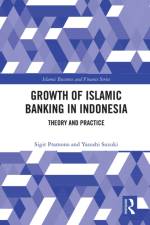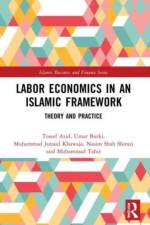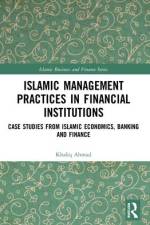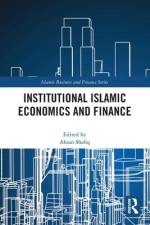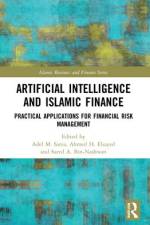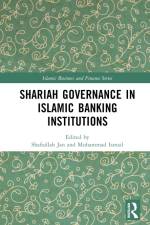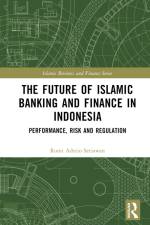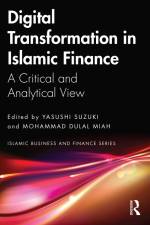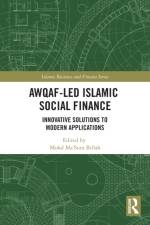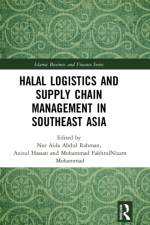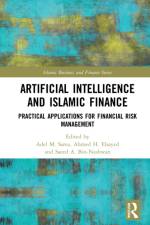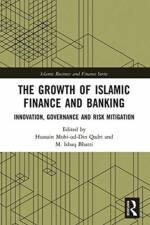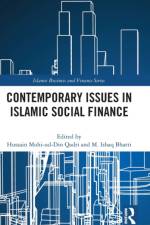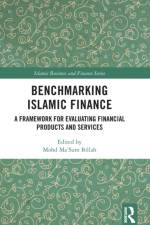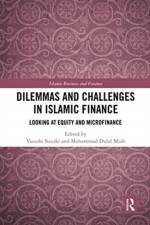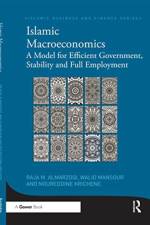von Mohd Ma'Sum Billah
75,00 €
This book provides an authoritative and comprehensive overview of Waqf (endowment), addressing specific issues, models, solutions, structures and practices. As Islamic finance has gained in significance, so too has the institution of Waqf, working towards creating an enterprising and an entrepreneurial community across the globe, in order to meet the underlying objectives of the sustainable development goals (SDGs) by targeting the low-income group in particular.The book analyses the historical context of Waqf as well as its revival in the digital era. It addresses the laws and policies affecting the management of Waqf, such as Maqasid al-Shari'ah, law and policies, law and fiscal reform, regulations applied within Muslim countries, judicial procedures and dispute resolutions and covers the core issues concerning the formalities of Waqf, its management and corporate governance questions. The book includes a series of specialised chapters focusing on the products and services of Waqf, covering product innovation, product development, and then assesses the risk factors in Waqf and Waqf Takaful. Finally, it focuses on the challenges of Waqf and offers recommendations for the way forward.A timely and practical guide, comprising a literature review and future research directions, as well as a number of international case studies, this will be a key reference for academics, students, researchers, practitioners and policy makers.

